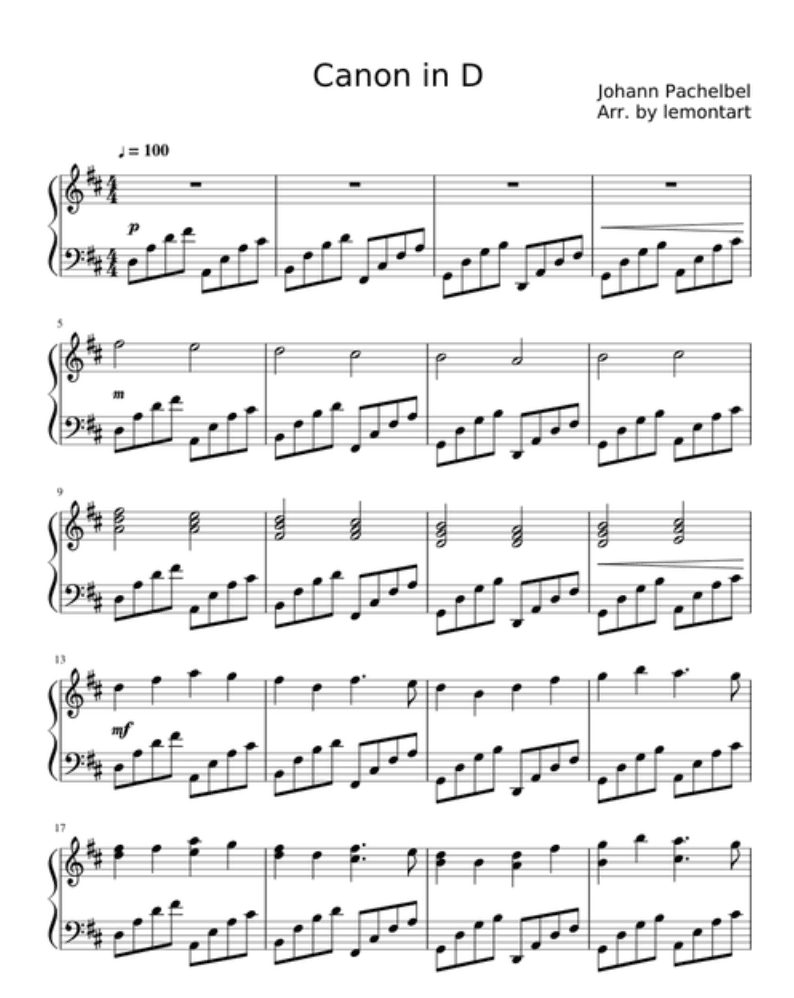🧵 View Thread
🧵 Thread (9 tweets)

Watching the designer of Braid and The Witness - Right now he's talking about the different methods we have for communicating knowledge and what the properties are of each. This is so my jam.Here are some thoughts I have about puzzle games from before: https://t.co/eO2DmXUIrt https://t.co/TKNAs0PEid

Standard notation for music was literally invented as a way of effectively communicating information about what people should play on their instrument. Words would be inefficient. Why don't we ask this question with literally every piece of knowledge we are trying to convey? 🤯️ https://t.co/fYei9RsAvY


Books convey precise information. Games are better at teaching imprecise information over complex environments through repetition over varied situations. Education could use games to effectively teach thinking styles because the games set the rules of your interactions w/ world

This is making me want to strategically pick and design games for my future children over the course of their development to teach them to be a more effective thinkers and better people more generally. What a fantastic way to explore and gain a tacit feel for what you learn.

Do you think there’s a difference between the traditional carrot / stick mechanisms for motivation in gamification vs. more progress system/feedback loop oriented learning and goal-oriented motivation? @Jonathan_Blow https://t.co/sBqgyowDAw

Thank you for giving this talk! Incredibly thought provoking, will take a little while for me to chew on all of the ideas presented. I feel as though you put forward fairly narrow definitions of games, gamification, behavioral science of motivation, however...

I particularly like the concept of using games to teach the rules and thinking to understand dynamic systems intuitively, and that the best medium for conveying information should always be considered. Games can teach entirely different things from what classes teach.